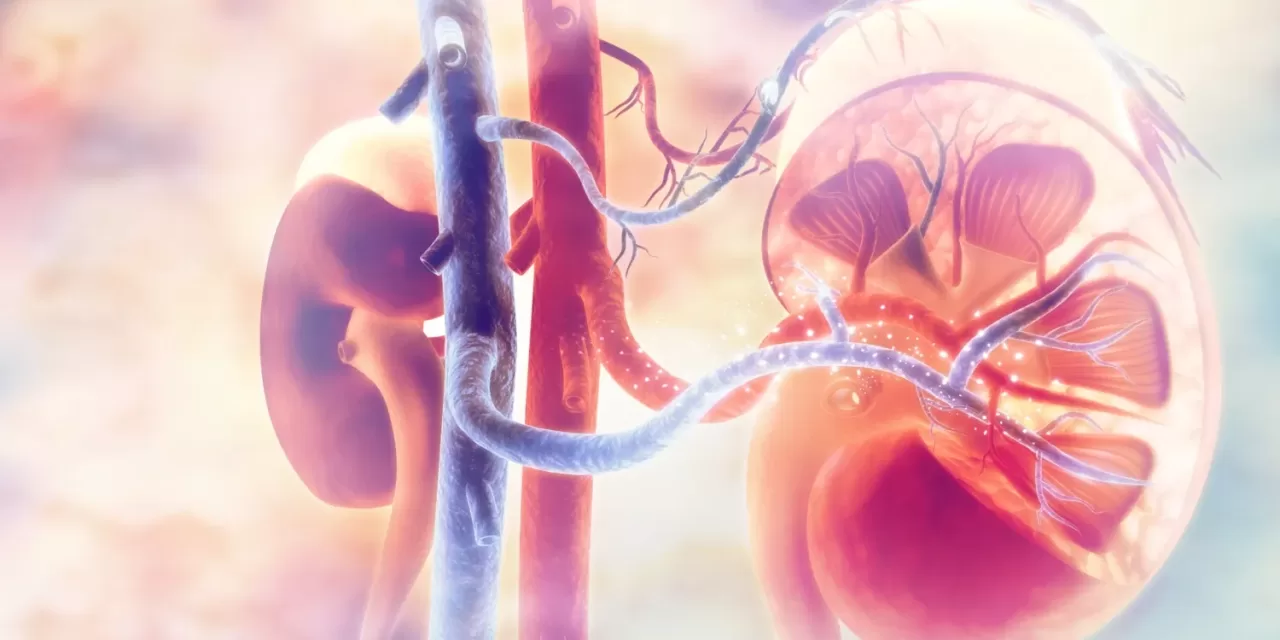A groundbreaking study published in the journal Neurology has revealed a significant association between acute kidney injury (AKI) and an elevated risk of developing dementia. Conducted by researchers at the Karolinska Institutet, the study underscores the broader implications of AKI on brain health, highlighting the need for increased vigilance in patient care following such injuries.
Acute Kidney Injury and Dementia: A Growing Concern
Acute kidney injury, a sudden decline in kidney function, is particularly common among older adults and is associated with higher rates of morbidity and mortality. While previous research has hinted at a possible link between AKI and brain injury, this new study provides robust evidence of the connection between AKI and various forms of dementia.
The researchers analyzed data from over 300,000 individuals aged 65 and older, collected from the Stockholm CREAtinine Measurement (SCREAM) project. Over an average follow-up period of 12 years, approximately one in four participants experienced at least one episode of AKI, and 16% were diagnosed with dementia.
Significant Increase in Dementia Risk
The findings are striking: those who suffered from AKI had a 49% higher risk of developing any form of dementia. When examining specific types of dementia, the risk increase was even more pronounced—88% for Lewy body dementia or dementia associated with Parkinson’s disease, 47% for vascular dementia, and 31% for Alzheimer’s disease. Notably, the risk was highest in individuals with severe kidney damage that required hospitalization.
“Our findings suggest that AKI is not just an isolated event affecting kidney function but may have broader implications, particularly for brain health,” said Dr. Hong Xu, assistant professor at the Department of Neurobiology, Care Sciences, and Society at Karolinska Institutet and the study’s first author.
Potential for Earlier Intervention
Identifying AKI as a risk factor for dementia opens new avenues for earlier intervention, preventive treatment, and improved patient care. “Understanding the link between AKI and dementia can lead to better management strategies for at-risk individuals,” added Professor Juan Jesus Carrero, from the Department of Medical Epidemiology and Biostatistics at Karolinska Institutet and the study’s last author.
Next Steps in Research
The research team plans to delve deeper into the biological mechanisms connecting AKI to dementia. Future studies will also explore whether specific medications, lifestyle modifications, and enhanced monitoring after an AKI episode can mitigate the risk of developing dementia.
The study was supported by funding from StratNeuro, CIMED, the KI foundations, and the Swedish Research Council. Additionally, corresponding author Yang Xu, a researcher at Peking University Health Science Center and Karolinska Institutet, received support from the Young Scientists Fund and the National Natural Science Foundation of China. The authors have declared no conflicts of interest related to this study.
Reference: Xu, H., Eriksdotter, M., Garcia-Ptacek, S., et al. “Acute Kidney Injury and Its Association with Dementia and Specific Dementia Types: Findings from a Population-Based Study in Sweden.” Neurology, online 22 August 2024, doi: 10.1212/WNL.0000000000209751.












